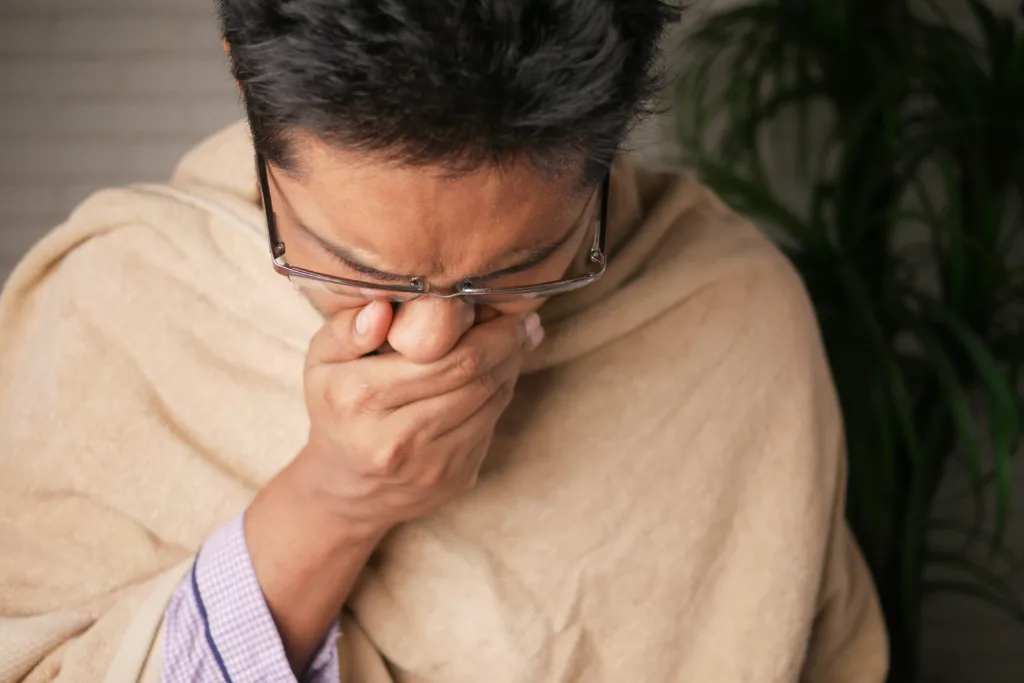Mores are an essential part of any society, as they help establish a set of moral norms and guidelines that dictate how people should behave. These customs and practices are derived from generally accepted practices and are often not written in law. Instead, they are deeply ingrained in the culture of a society and are enforced thrugh social pressure and consequences.
One example of a more in many cultures is the concept of respect for elders. In many societies, it is expected that younger people show respect and deference to those who are older and more experienced. This can take many forms, such as using respectful language, offering to assist with tasks, or simply acknowledging their presence with a bow or other gesture of respect.
Another example of a more is the expectation of honesty and integrity in business and personal relationships. In many cultures, lying or cheating is seen as a serious breach of trust, and those who engage in such behavior are often ostracized or punished in some way. This can include anything from losing a job or business opportunity to being excluded from social circles or even facing legal consequences.
In some cultures, there are also mores around dress and personal appearance. For example, in some conservative societies, it may be expected that women cover their hair or wear modest clothing that does not reveal too much skin. In other cultures, there may be strict guidelines around grooming and hygiene, such as the expectation that men shave or that both men and women keep their nails trimmed and clean.
Ultimately, mores are an important part of any society, as they help establish a shared set of values and norms that help guide behavior and social interactions. While they may not always be written in law, they are often enforced through social pressure and consequences, and failing to adhere to them can lead to significant negative consequences.
What Are Mores In Society?
Mores in society refer to the established customs, traditions, and behaviors that are considered acceptable by the majority of individuals within a particulr community or culture. These norms are not necessarily written laws, but rather unwritten rules that are passed down through generations and are deeply ingrained in a society’s values and beliefs. Mores are often enforced through social pressure and can vary widely from one society to another. In some cultures, for example, it may be considered taboo to eat certain types of food, while in others, it may be completely acceptable. mores play a crucial role in shaping the way individuals interact with each other and with society as a whole.

What Is A Cultural Mores?
A cultural mores refer to the collective norms, values, customs, and beliefs that are shared by a particular society or community. These norms guide the behavior and actions of individuals within that society and provide a framework for what is considered acceptable or unacceptable behavior. Mores are oftn based on standards of morality and ethics that are specific to that culture and can include things like attitudes towards family, religion, sexuality, and social interactions. Violating cultural mores can result in social stigma, ostracism, or even legal repercussions. cultural mores play an essential role in shaping the identity and cohesion of a society and its members.
What Are Mores Considered?
Mores are considered as the customs, norms, and behaviors that are widely accepted and recognized as appropriate within a particular society or social group. These norms often dictate how individuals should behave in various social situations and play a significant role in shaping the culture and values of a community. Mores can vary widely betwen different cultures and can encompass a broad range of behaviors and attitudes, such as dress codes, religious practices, or attitudes towards family and social relationships. They are typically enforced through social pressure and can carry significant consequences for those who violate them. In short, mores are an essential aspect of social organization and play a crucial role in maintaining social harmony and cohesion within a given community.
What Are Folkways And Mores Examples?
Folkways are customs or behaviors that are considered socially acceptable and commonly practiced within a particular culture or society. Examples of folkways include dressing appropriately for specific occasions, using polite language in public, and covering one’s mouth when coughing or sneezing.
Mores, on the other hand, are moral norms that are considered essential to the well-being and survival of a society. Examples of mores include not stealing or committing murder, respecting authority figures, and being honest in all dealings.
Some specific examples of folkways include holding the door open for others, saying “bless you” when someone sneezes, and standing in line to wait your turn. Some examples of mores include not cheating on your spouse, not lying uder oath, and not discriminating against people based on their race or religion.
Both folkways and mores play an important role in shaping and maintaining social behavior within a society or culture. While folkways may not be considered as essential as mores, they still contribute to the overall functioning and cohesion of a society.

Conclusion
Mores are an essential part of any society’s cultural and moral fabric. They are the customs, norms, and behaviors that are considered acceptable by a partiular group of people and are guided by standards of morality within that culture. Examples of mores can include things like honesty, respect for elders, and monogamy. These norms are often unwritten but are enforced through social pressure and consequences if not followed. It is important to note that mores can vary greatly between different cultures and even within the same culture. Understanding and respecting the mores of a particular society is crucial for individuals to integrate and function effectively within that society.
